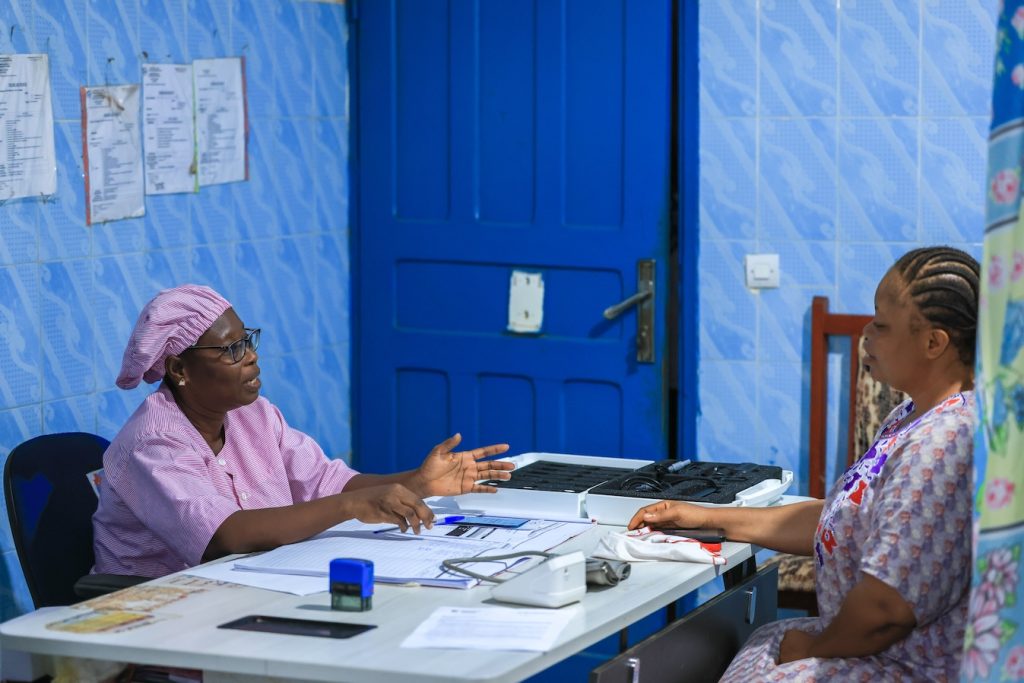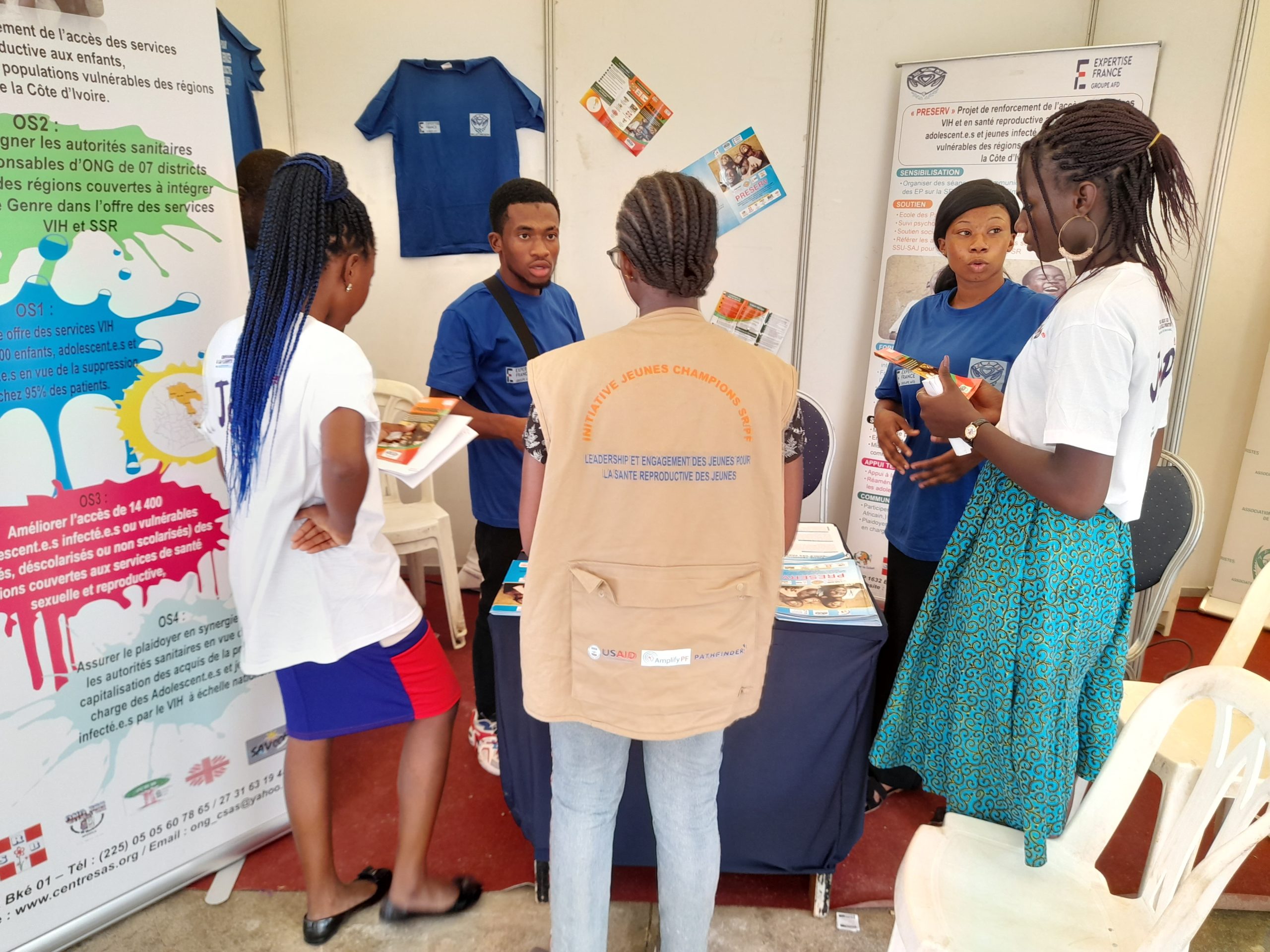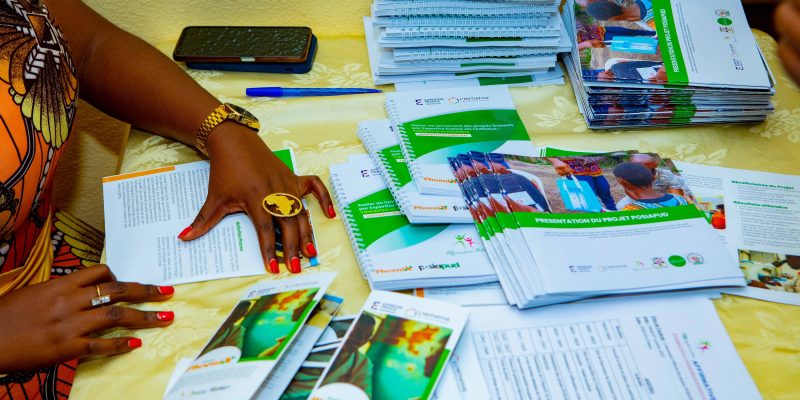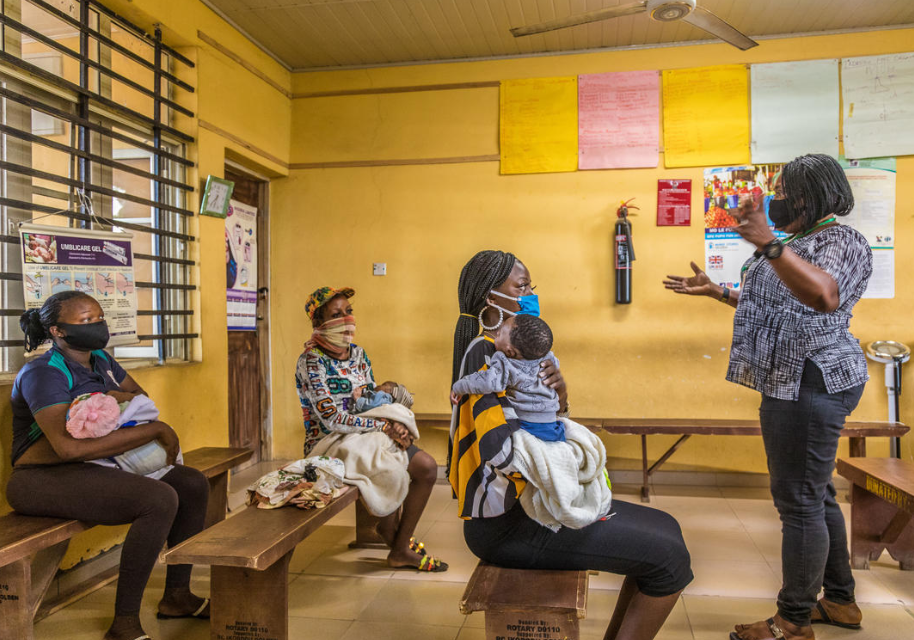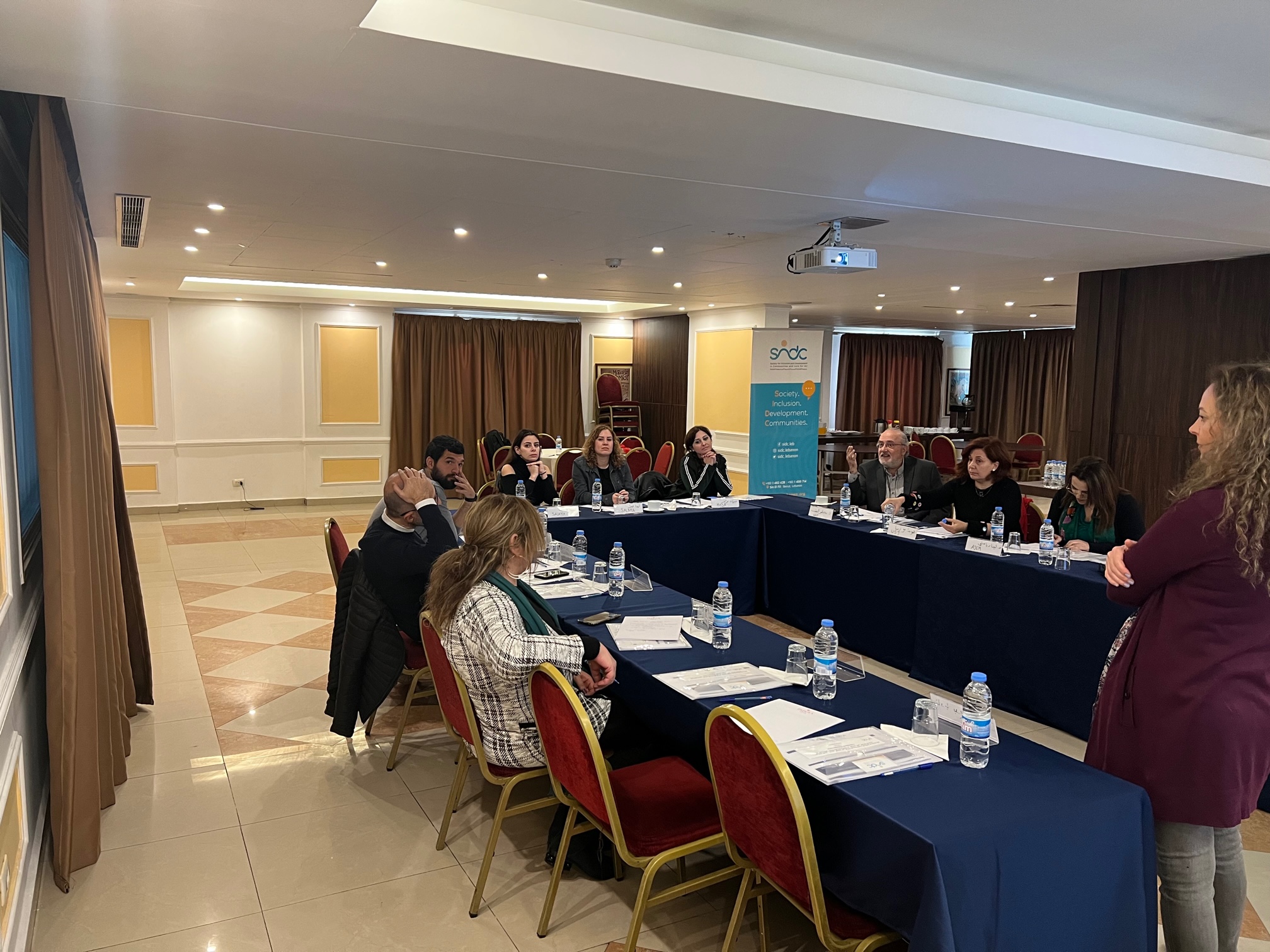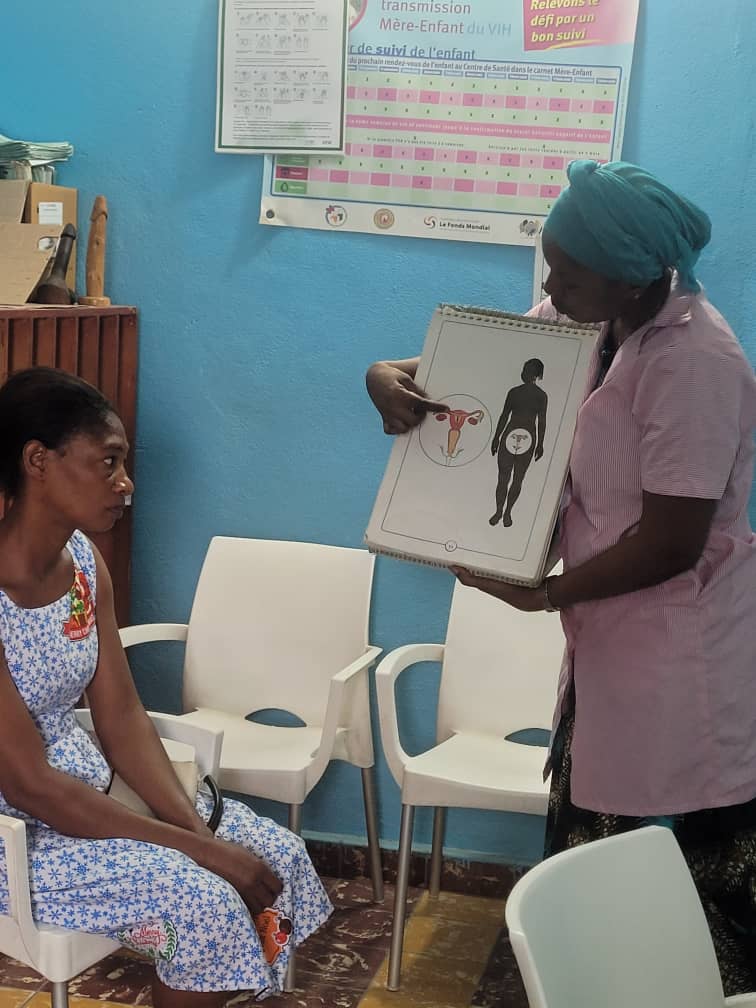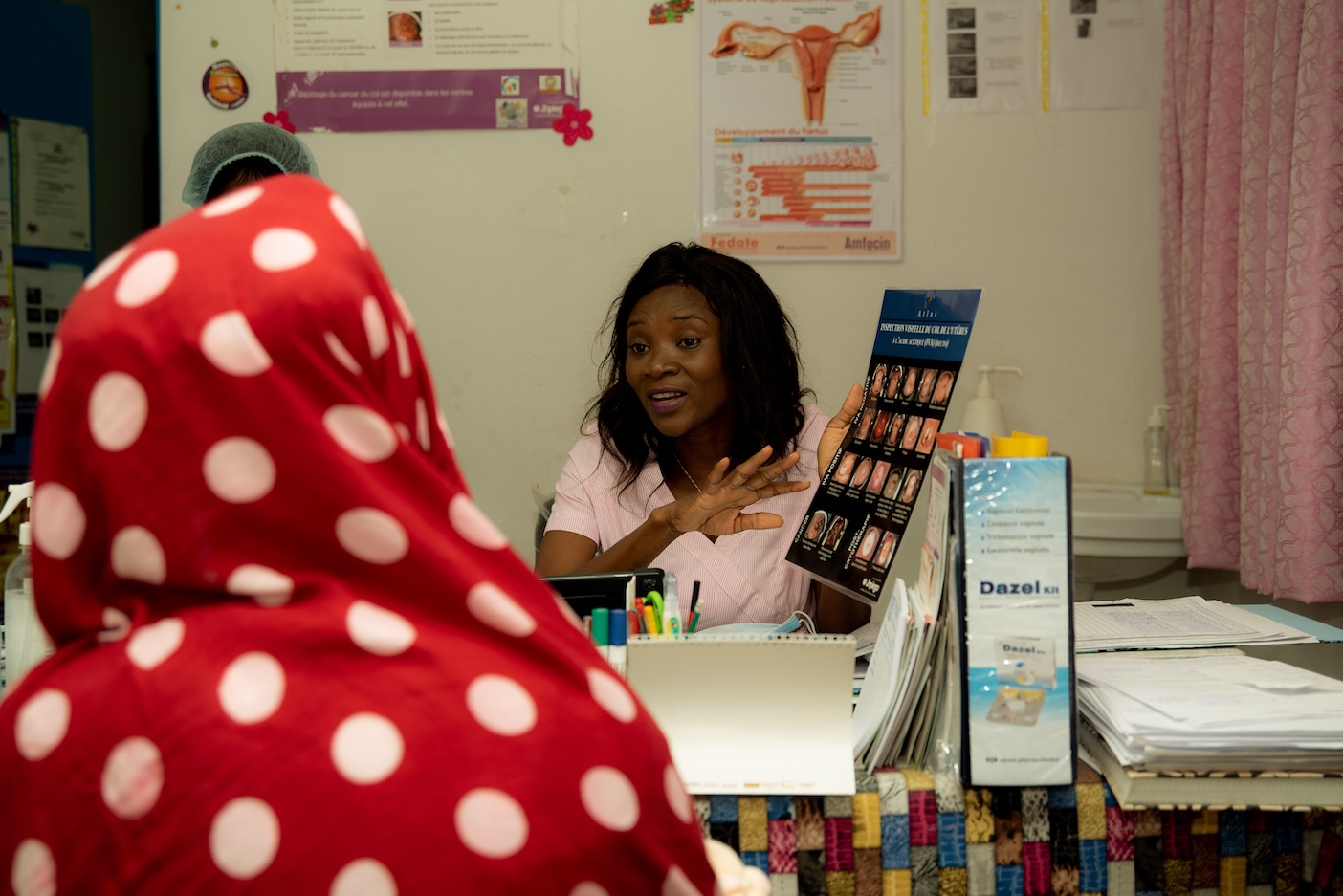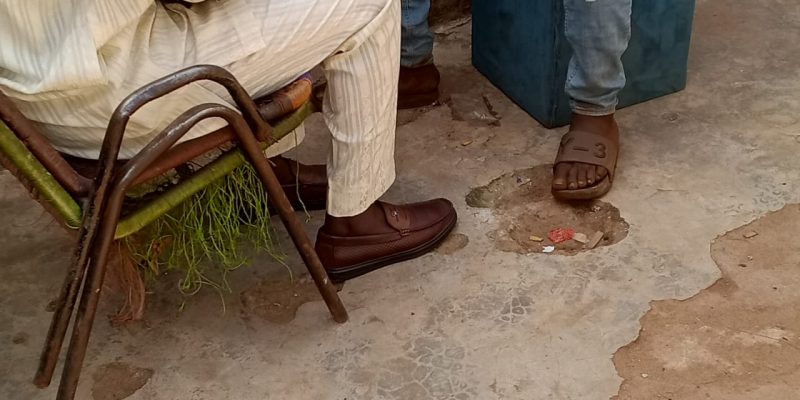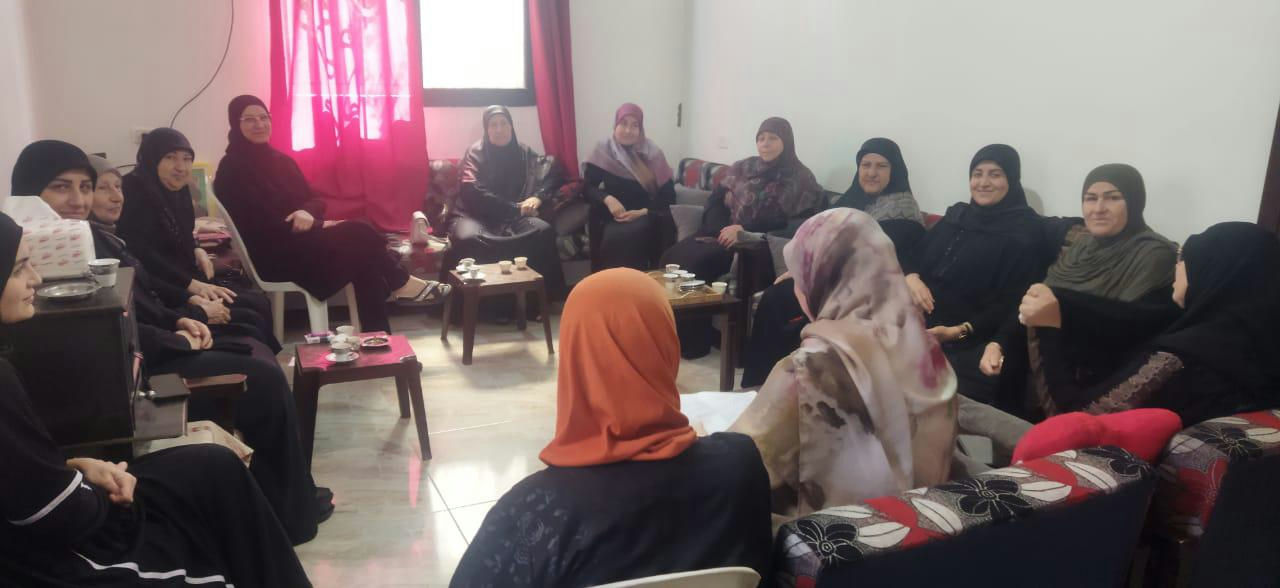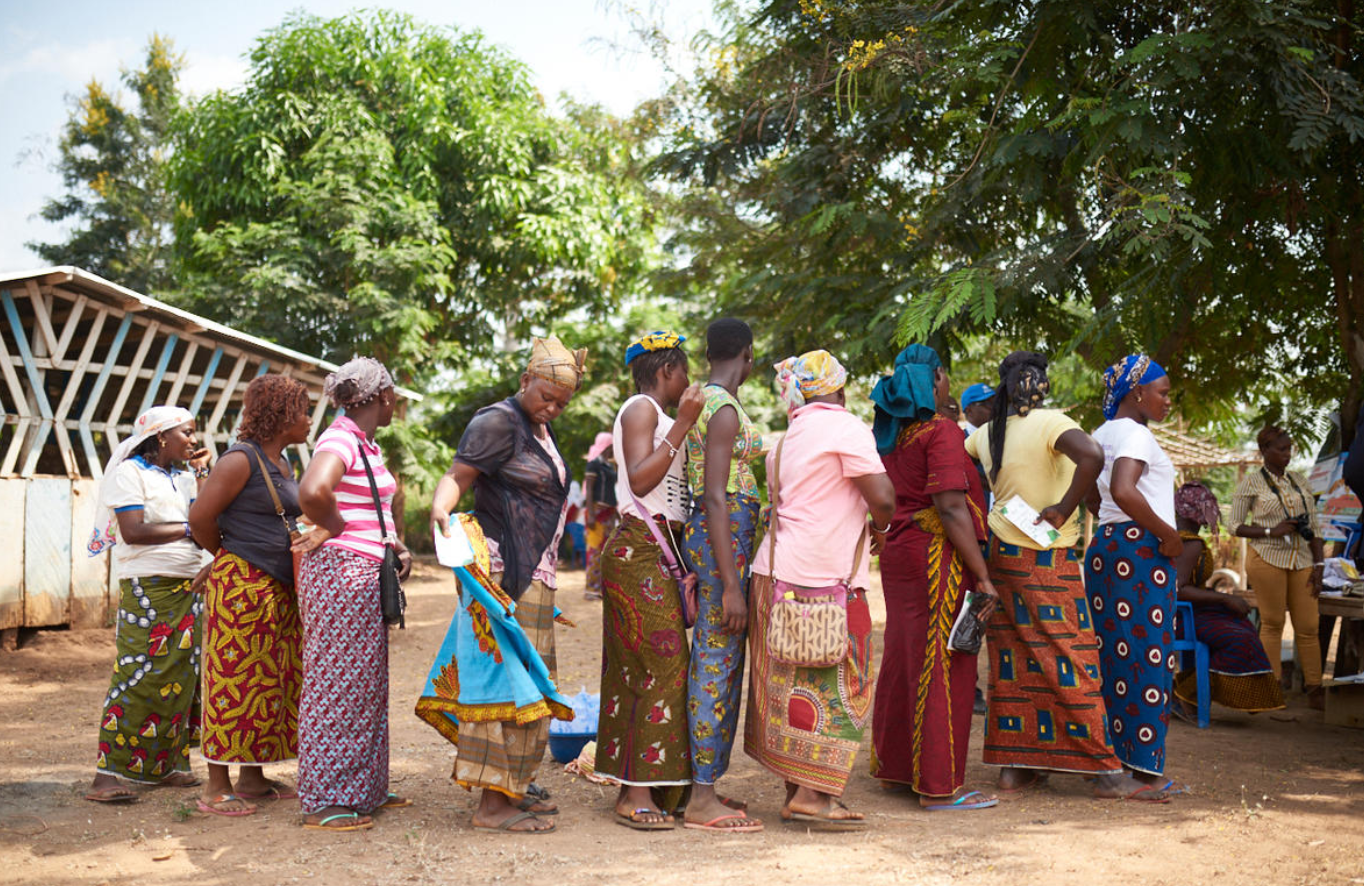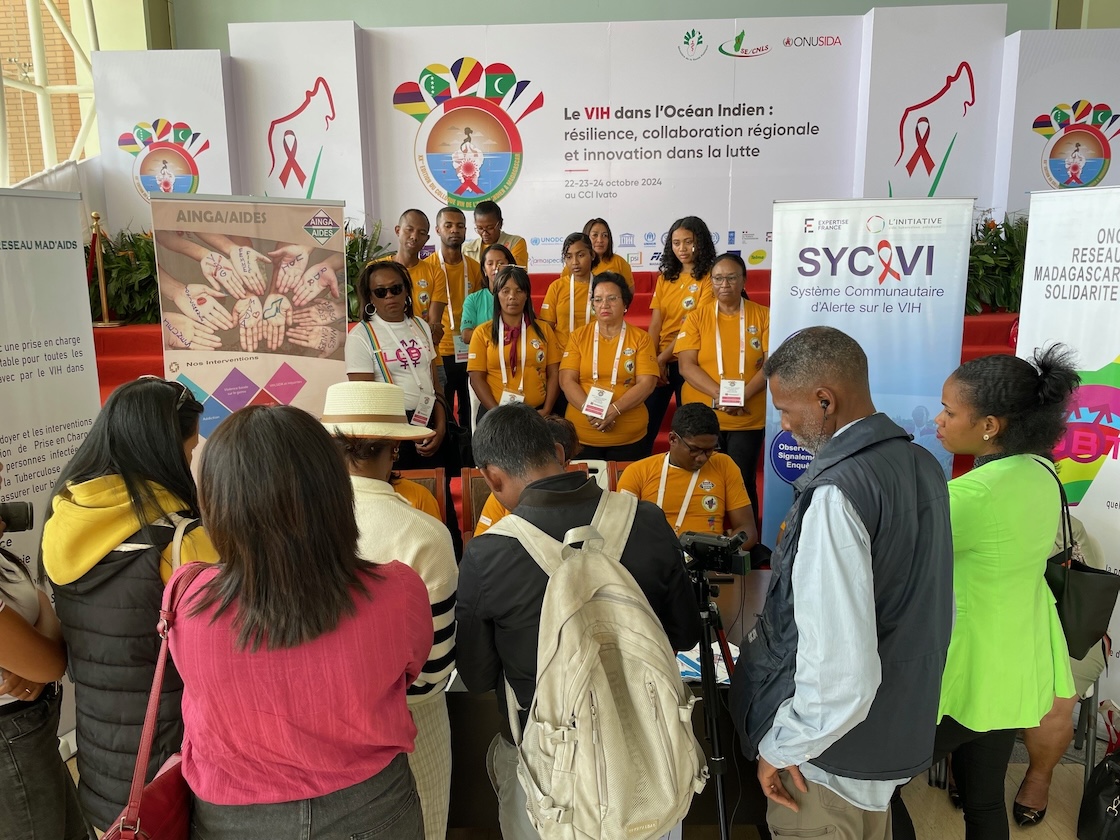Phase 1 of the “Scale Up Cervical Cancer Elimination with Secondary Prevention Strategy” (SUCCESS) project aims to eliminate cervical cancer in low-resource countries by reinforcing health systems and expanding access to screening and treatment through innovative technologies.
Context
In low-income countries, barriers to accessing cervical cancer care may result in women not being screened or treated when needed, increasing the likelihood that lesions progress to cancer. In response, the World Health Organization (WHO) has set ambitious targets: vaccinate 90% of girls, screen 70% of women, and treat 90% of detected lesions by 2030.
Description
Aligned with the WHO strategy, the SUCCESS program aims to strengthen secondary cervical cancer prevention through human papillomavirus (HPV) screening and thermal ablation treatment of precancerous lesions. The project is being implemented in four countries: Burkina Faso, Côte d’Ivoire, Guatemala, and the Philippines. Led by Expertise France, with consortium members Jhpiego and UICC, Phase 1 of the program is funded by Unitaid. SUCCESS adopts an integrated approach by establishing a secondary prevention model that incorporates self-collected HPV testing.
Clinical protocols, training manuals, and electronic monitoring tools have been developed to support community outreach efforts, which are central to the SUCCESS approach. Advocacy efforts have also been conducted with the Global Fund to include cervical cancer in funded activities. A toolkit was created to support experts in developing dedicated grant applications. Three regional workshops – in Asia, Latin America, and West Africa – have been held to address this gynecological cancer, bringing together civil society organizations and health ministries from over 50 countries.
Impact
Between June 2021 and March 2024, 184,987 women were screened, including 125,699 women who underwent primary HPV testing – 12% of whom were women living with HIV. The initial target of 175,000 women was met and even exceeded. This integrated model has proven both the feasibility and acceptability of self-collection, an innovative approach to improving access to care. All four countries have now included HPV testing in their national guidelines.
